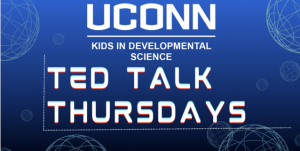
Parenting stress and child behavior issues are closely connected, but it’s not just parents impacting their kids, but children also influence their parents. This study looked at over 2,100 families from early childhood to adolescence and explored how stress between parents and children plays out over time. Using the transactional model of development, which emphasizes the two-way relationship between parents and children, the study found that as children get older, especially during adolescence, they play a more active role in shaping their family dynamics.
A key finding of the study was the role maternal affection plays within this dynamic. In families where mothers showed high levels of affection; parenting stress and child behavior problems were more strongly linked. One example: stress that a mother felt when her child was young could predict the child’s behavior problems a few years later. Also as the child grew into adolescence, their behavior could, in turn, increase the mother’s stress. In contrast, in families with lower maternal affection, this back-and-forth wasn’t as strong.
Interestingly, while maternal affection usually helps protect kids from stress, the study found that in highly affectionate families, stress was more likely to be shared between parent and child. This can make it harder for both to cope, especially during the teenage years when kids become more aware of their parents’ emotions. For families facing additional challenges like financial stress or racial stress, understanding how affection and stress interact could help them better manage these emotional dynamics as their children grow.
To read the full study, click here.
Jasleen Kaur, UConn KIDS Research Assistant.








